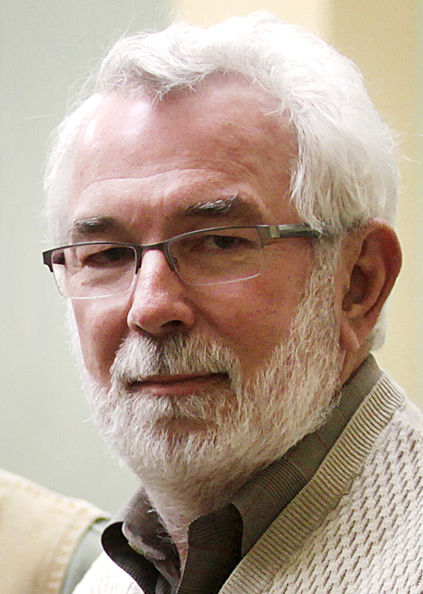
On December 7th, the Supreme Court will hear oral arguments and rule whether or not tribal courts have the authority to take legal action against corporations operating on reservations. The case stems from a 2003 civil suit, charging a corporate employee with sexual assault against an Indian child.
The Mississippi band of Choctaw Indians brought this case against the Dollar General Corporation after a store manager at the Choctaw reservation Dollar General, Dale Townshend, molested a thirteen-year-old Indian boy who was interning at the store as part of a Youth Opportunity Program
Congress has already installed legislation that prevents Indian tribal courts from bringing criminal charges against non-Indians accused of crimes on tribal land, and the attorney general of Mississippi declined to file any actions against Townshend or Dollar General in state court. Thus the parents were left with to pursue their case in tribal civil court as a last resort.
Dollar General Corporation, valued at $20 billion, is denying any responsibility for the conduct of their employees on tribal lands. They have lost in tribal court, federal court and the court of appeals, but their attorneys continue to argue that the tribe does not have the authority to police the behavior of non-tribal members, even if those individuals violate the human rights of tribe members.
This is an alarming assault on tribal sovereignty. If the arguments made by Dollar General’s corporate attorneys are followed to their logical conclusion, tribal authorities would have zero recourse to address criminal actions of non-Indians on their land, enabling them to commit crimes with impunity.
The extent of the powers that a tribal government can exercise over non members has been a topic of contention for decades. In Montana v. the United States (1981), the Supreme Court ruled that a, “…tribe may regulate, through taxation, licensing, or other means, the activities of nonmembers who enter consensual relationships with the tribe or its members.”
Furthermore, the case asserted that a tribe can, “exercise civil authority over the conduct of non-Indians on fee lands within its reservation when that conduct threatens or has some direct effect on the political integrity, the economic security, or the health or welfare of the Tribe.”
This clause directly asserts the authority of tribal government to take action when an outside entity engaged in commerce on tribal lands commits a violent crime against a tribe member.
However, in Nevada v Hicks (2001), the Court recognized it has never held that a tribal court had jurisdiction over a “nonmember defendant” in any context.
The result of these conflicting rulings is a strange contradiction over whether or not tribes can actually enforce laws against non tribal members if they commit crimes on on tribal land. This legal purgatory is dangerous, not just for tribal sovereignty, but for the thousands of people who live on Indian reservations.
Dollar General operates under the belief that the safety of Indians on their own lands is secondary to the profits of corporations operating there. This heinous position undermines the authority of Tribal governments nationwide to protect their people from violence and exploitation.
It is imperative that the Supreme Court reject these faulty and unjust arguments brought by Dollar General’s attorneys, and uphold the rulings of lower courts that have elevated the importance of public safety over the corporate bottom line. Let us hope they have the wisdom to rule justly on this case.



